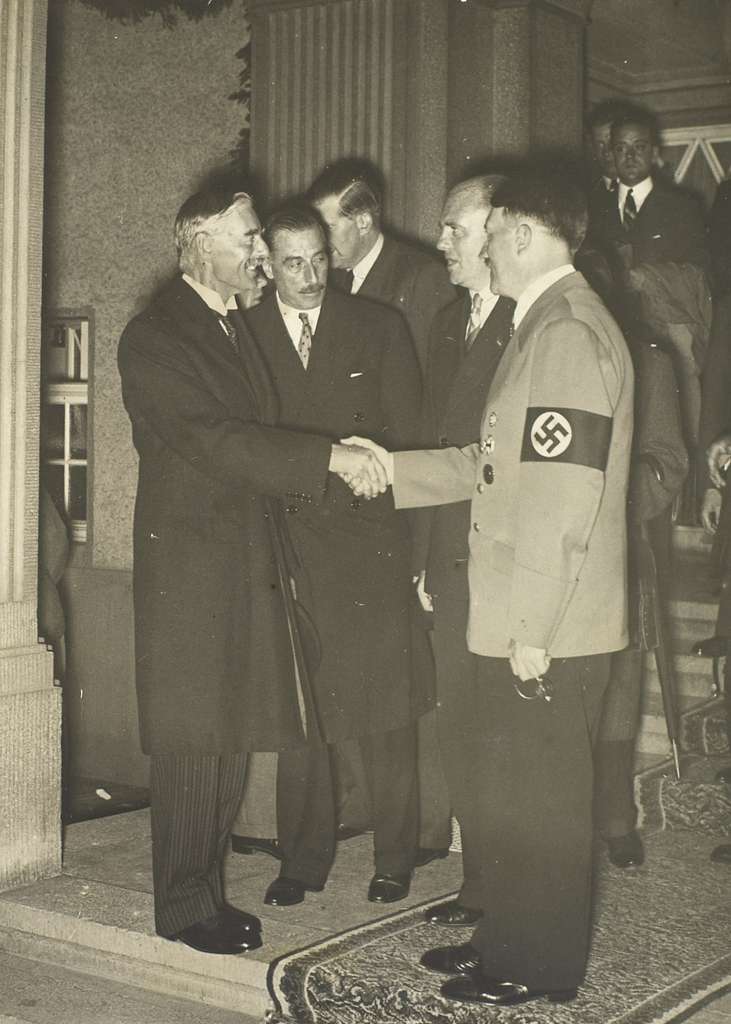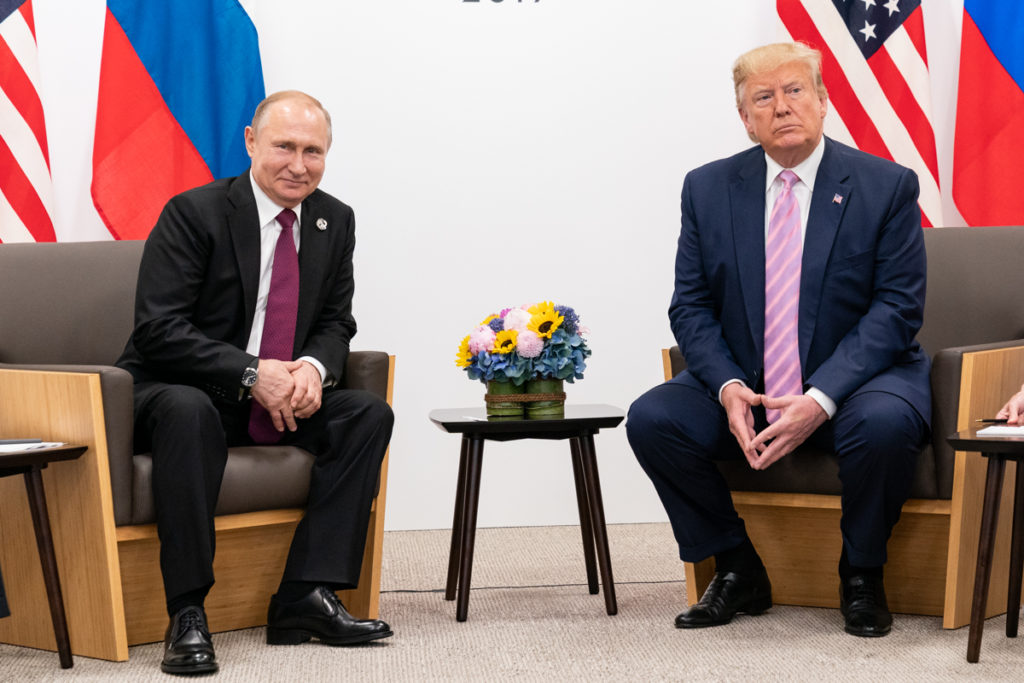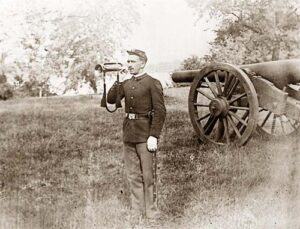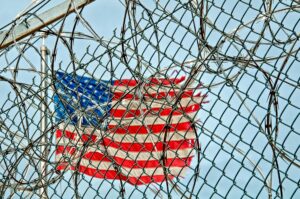[redacted], Chamberlain, and the Crisis of Western Resolve
I. Introduction
Does [redacted]’s foreign policy toward Russia and Ukraine mirror Neville Chamberlain’s appeasement of Hitler? As [redacted]’s administration signals a reluctance to support Ukraine and hints at negotiating with Vladimir Putin, many see echoes of the infamous 1938 Munich Agreement, where Chamberlain’s concessions to Nazi Germany emboldened Hitler’s aggression. This paper explores the parallels and key differences between 1938 and 2025, analyzing whether history is repeating itself and what lessons can be drawn to prevent another catastrophic miscalculation. Additionally, we will examine how the Jewish Question in 1930s Europe compares to the Israel-Palestine-Iran dynamic today, assessing the moral and geopolitical implications of inaction.
Recent statements from [redacted]allies, such as Pete Hegseth’s remarks on NATO and Ukraine, suggest that the shift is not just about neglecting Ukraine but actively dismantling the post-WWII security architecture. This escalation of appeasement raises urgent concerns about global stability and the future of U.S. commitments.
II. Direct Historical Contrast: Chamberlain (1938) vs. [redacted](2025)
1. The Aggressor’s Ambitions

Public domain.
- Chamberlain (1938): Adolf Hitler’s Germany pursued territorial expansion under the guise of protecting ethnic Germans. The Sudetenland crisis was framed as a matter of self-determination, but it was part of a broader strategy for European domination.
- [redacted](2025): Vladimir Putin’s Russia seeks to reassert control over former Soviet territories, using the protection of ethnic Russians as a pretext for military incursions, as seen in Crimea (2014), Donbas (2022), and ongoing threats to Ukraine and beyond. Recent rhetoric from [redacted]’s allies suggests an active willingness to abandon Ukraine entirely, removing deterrents to further Russian aggression.
- Jewish Question (1930s) vs. Israel-Palestine-Iran (2025): Hitler used antisemitism as a political tool, while Western nations largely ignored Jewish persecution. Today, Iran and its proxies (Hamas, Hezbollah) use the Palestinian cause to justify regional ambitions, while Israel’s government expands settlements and engages in extreme security measures, often with inconsistent Western responses.
2. The Leader’s Motivations
- Chamberlain: Sought to avoid another devastating war, believed Hitler could be reasoned with, and prioritized diplomacy over confrontation. He viewed Germany as a potential bulwark against Soviet communism.
- [redacted]: Prioritizes economic nationalism and views NATO commitments as burdensome. He favors direct negotiations with Putin and downplays Russian threats, arguing that European nations should bear more responsibility for their own defense. However, recent developments indicate a more drastic shift—potentially withdrawing support from Ukraine altogether and undermining NATO’s deterrence capabilities.
- Western Response to Jewish Question vs. Middle East Conflicts: Chamberlain saw Jewish persecution as secondary to European stability. Similarly, today’s Western powers often sideline human rights concerns in Israel-Palestine and Iran in favor of strategic and economic interests.
3. Allies and International Commitments
- Chamberlain: Undermined France and Czechoslovakia by negotiating directly with Hitler, sidelining multilateral security efforts.
- Western Avoidance in 1938 vs. 2025: Just as Chamberlain ignored Jewish persecution and broader consequences of appeasement, today’s Western leaders risk overlooking escalating regional tensions in the Middle East, including Iran’s nuclear ambitions and Israel’s security policies.
- [redacted]: Repeatedly criticizes NATO, questions U.S. commitments to European security, and signals a willingness to cut deals with Putin at Ukraine’s expense, fostering distrust among allies. Statements from [redacted]’s circle now suggest an even more aggressive withdrawal from Western security responsibilities, which could embolden adversaries even further.
4. The Strategic Outcome

Public domain.
- Chamberlain: The Munich Agreement (1938) temporarily avoided war but emboldened Hitler, leading to the invasion of Poland in 1939 and the outbreak of World War II.
- [redacted]: His rhetoric and policies risk emboldening Russia, potentially leading to further escalation in Ukraine, increased threats to the Baltics, and broader instability in Europe. If Ukraine is abandoned entirely, as recent comments suggest, it could signal to authoritarian regimes worldwide that Western alliances are unreliable, leading to a dangerous reshaping of global power dynamics.
- Historical Parallels with Israel-Palestine-Iran: Just as ignoring Nazi aggression led to dire consequences, failure to address Iranian expansionism or escalating Israeli-Palestinian tensions could lead to regional war with global repercussions.
III. 1938 vs. 2025: Key Differences
While historical patterns offer critical warnings, the global landscape of 2025 differs in significant ways from 1938. Below are six key areas of distinction that shape the current crisis:
1. Geopolitical Context
- 1938: Germany was a rising power, and Britain and France were hesitant to confront it.
- 2025: Russia is a declining power, but internal divisions in the West create openings for aggression.
2. Military Readiness & Capabilities
- 1938: Britain and France were militarily unprepared for war.
- 2025: NATO holds overwhelming military superiority over Russia, but political will remains uncertain.
3. The Role of the United States
- 1938: The U.S. was largely isolationist and uninvolved in European affairs.
- 2025: The U.S. is the linchpin of global security but risks retreating into isolationism under [redacted], with some voices advocating for abandoning key allies entirely.
4. Media and Public Influence
- 1938: Limited media reach allowed leaders to control narratives.
- 2025: Disinformation campaigns, social media manipulation, and political polarization shape public perception in unprecedented ways.
5. Economic Factors
- 1938: The Great Depression constrained military spending and foreign intervention.
- 2025: Economic concerns (inflation, energy markets) influence policy, but military budgets remain robust.
6. Moral and Humanitarian Dimensions
- 1938: The world largely ignored Jewish persecution, failing to intervene until it was too late.
- 2025: The humanitarian crises in Gaza, the West Bank, and Iran’s oppression of its people are often sidelined in favor of strategic calculations, echoing past moral failures.
IV. Conclusion: A Call to Action
History warns us that unchecked aggression only grows stronger. In 1938, appeasement led to global war; today, the cost of inaction could be equally dire. Russia’s ambitions threaten not just Ukraine but the entire international order. Meanwhile, ignoring escalating tensions in the Middle East, including Iran’s ambitions and the Israel-Palestine conflict, risks further destabilization.
The world must recognize that delaying action only emboldens autocrats. To avoid repeating Chamberlain’s mistakes, decisive steps must be taken: strengthening NATO, ensuring steadfast support for Ukraine, and addressing Middle Eastern conflicts with a balanced yet firm approach. The cost of appeasement is always higher than the cost of deterrence. We stand at a crossroads: will we learn from history, or will we once again pay the price for failing to confront tyranny?
References
- Shirer, William L. The Rise and Fall of the Third Reich. Simon & Schuster, 1960.
- Kershaw, Ian. Hitler: A Biography. W.W. Norton & Company, 2008.
- Snyder, Timothy. The Road to Unfreedom: Russia, Europe, America. Tim Duggan Books, 2018.
- Applebaum, Anne. Twilight of Democracy: The Seductive Lure of Authoritarianism. Doubleday, 2020.
- Mearsheimer, John. The Tragedy of Great Power Politics. W.W. Norton & Company, 2014.
- Kissinger, Henry. World Order. Penguin Press, 2014.
- Kaplan, Robert D. The Revenge of Geography: What the Map Tells Us About Coming Conflicts and the Battle Against Fate. Random House, 2012.
- Reports from NATO, EU Commission, and RAND Corporation on shifting defense policies, 2024-2025.


